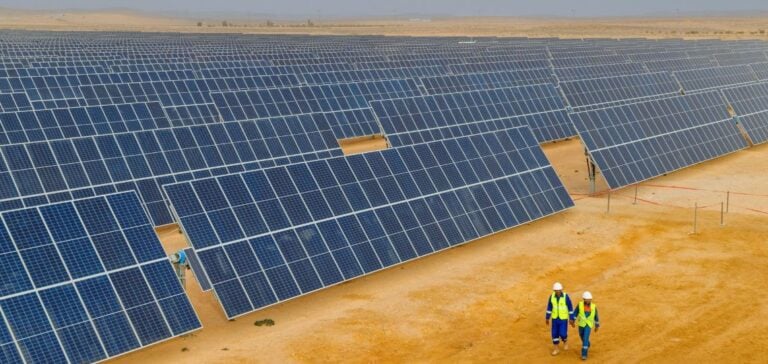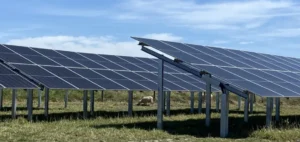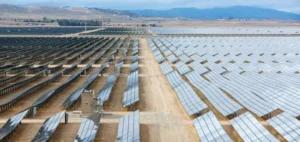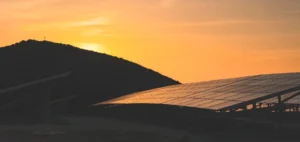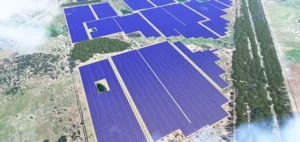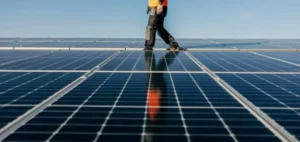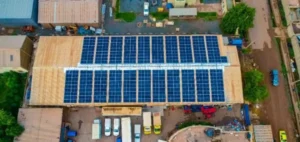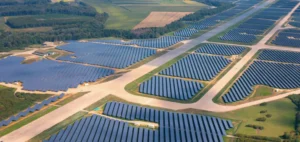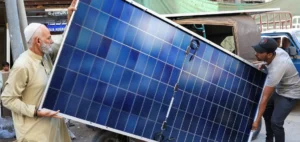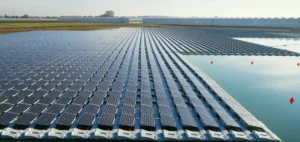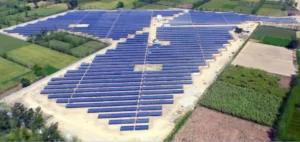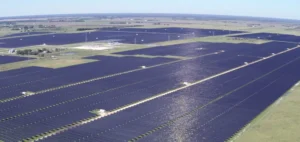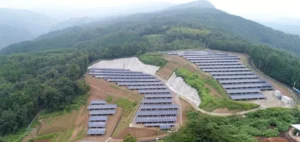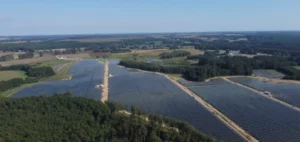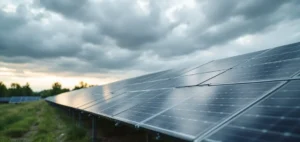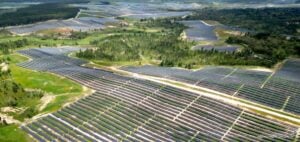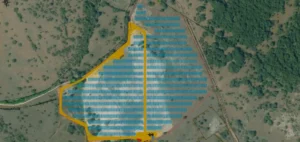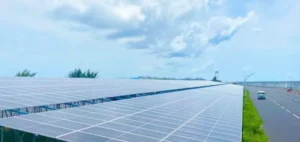Tunisia, facing increasing energy dependence, is taking a decisive step in its commitment to renewable energy. On December 26, the Ministry of Industry, Mines, and Energy awarded four solar photovoltaic projects with a total capacity of 498 MWac to renowned international companies.
These projects are part of the first phase of a 1,700 MWac tender launched in 2022, aimed at diversifying the country’s energy sources and achieving 35% renewable energy in the national energy mix by 2030. This initiative is pivotal to decreasing external dependency and reducing the energy deficit.
Projects Led by International Players
Three of the projects, each with a capacity of 100 MWac, will be developed by French companies Qair International SAS and Voltalia SA, as well as Norwegian company Scatec. These installations will be located in Gafsa, Gabes, and Sidi Bouzid, strategic zones known for their high solar potential.
The fourth project, with a capacity of 198 MWac, was proposed by the Tunisian government and will also be handled by Qair International. The site for this project was selected by authorities to maximize its impact on the nation’s sustainable energy supply.
Reducing Energy Dependence
According to data shared by the World Bank, Tunisia’s energy dependence increased from 5% in 2010 to 50% in 2022. This rise has caused significant trade imbalances and increased financial pressure on the Tunisian Electricity and Gas Company (STEG), exacerbating the country’s fiscal deficit.
The integration of these new solar capacities will help alleviate these economic pressures by reducing fossil fuel imports while lowering energy production costs in the medium term.
A Sustainable Future for Tunisia
These projects represent a strong political will to transform the national energy landscape. Tunisia’s long-term strategy focuses on energy autonomy and environmental sustainability, aligning with global objectives to combat climate change.
Accelerating the implementation of renewable energy opens new opportunities for international and local companies while marking a turning point in the management of Tunisia’s energy resources.


